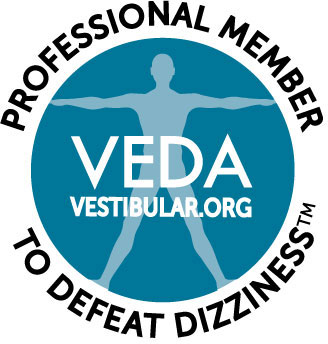Is your child having difficulty concentrating in school?
Have you been told that your child is hyperactive and impulsive?
Does your child’s teacher say that your child is disorganized or exhibits low executive functioning?
Are you considering medicating your child to help him or her stay focused?

Children who seem unable to function properly in academic environments could be suffering from undiagnosed vision problems, such as convergence insufficiency (poor eye coordination) or accommodation dysfunction (poor eye focusing). These vision problems are frequently overlooked by pediatricians and school nurses.
Since most of the information your child takes in at school is processed though the visual system, visual problems can result in inattentiveness, sensory overload, impulsivity, poor organization, reduced executive functioning, and many other symptoms that are associated with ADD/ADHD. In such cases, visual orthotic devices that help the eyes work together properly can easily treat these conditions.
Symptoms of Convergence Insufficiency
Convergence insufficiency (CI) is a common binocular disorder that affects a child’s ability to maintain eye alignment when looking at something close up. Children who have CI experience difficulty when performing activities that require visual efficiency at near distances, such as reading a book or completing a writing assignment. To diagnose CI, a vision specialist will look for the following six performance-related symptoms:
- Loss of concentration
- Loss of place
- Reading slowly
- Trouble remembering something that has been read
- Feelings of fatigue when reading
- Having to re-read
There are also several vision-related symptoms associated with CI. These symptoms include:
- Blurred vision
- Eye strain
- Seeing words moving or “swimming”
- Tugging sensations around the eyes
- Eye discomfort
- Double vision (diploma)
- Headaches
- Motion sickness and/or vertigo
- Sleepiness while reading or writing
Many children with CI will close or cover one eye while reading to alleviate blurred or double vision. Lack of sleep, illness, anxiety and extended close work can make symptoms of CI worse.
Suppression
Many children who have been diagnosed with CI will not complain of double vision. In these cases, the vision in one eye has ceased to function. Although both eyes are healthy and capable of vision, the child’s brain ignores one eye to eliminate double vision. This neurological process is called suppression.
When the vision in one eye is suppressed, a child will experience loss of binocular vision and depth perception. Binocular vision dysfunction can negatively affect a child’s ability to maintain eye contact, judge distances, or engage in sports. Children with convergence insufficiency who are suppressing the vision in one eye may also experience:
- Difficulty catching a ball or another object thrown through the air
- Tripping or stumbling on stairs and uneven surfaces
- Bumping into stationary objects, such as doors and furniture
- Motion sickness or vertigo
- Difficulty with games or tasks requiring depth perception
Get Expert Treatment of Vision Problems
A complete binocular vision evaluation is critical to detect and treat CI and other binocular vision dysfunctions. For more information about the diagnosis and treatment of CI, contact the Neuro Visual Center of New York at (516) 224-4888.





